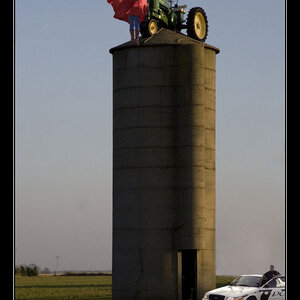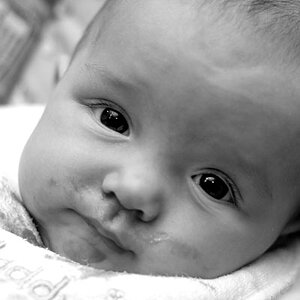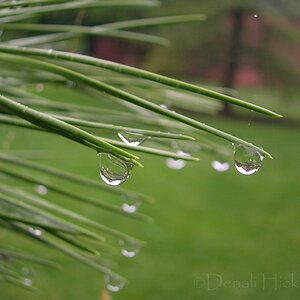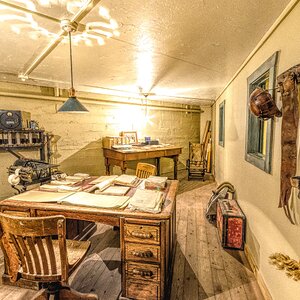Don Kondra
Been spending a lot of time on here!
- Joined
- Dec 11, 2007
- Messages
- 1,637
- Reaction score
- 904
- Location
- Saskatoon, Saskatchewan, Canada
- Website
- donkondra.weebly.com
- Can others edit my Photos
- Photos NOT OK to edit
Greetings,
I read a comment recently that stated regular use of the live view feature on a dslr camera will drastically reduce the life of the sensor.
????
The only reference I could find is that it is possible for the sensor to heat up with prolonged use.
Cheers, Don.
I read a comment recently that stated regular use of the live view feature on a dslr camera will drastically reduce the life of the sensor.
????
The only reference I could find is that it is possible for the sensor to heat up with prolonged use.
Cheers, Don.







![[No title]](/data/xfmg/thumbnail/33/33440-0778f3522902634844facab43c5a29fa.jpg?1619735969)






![[No title]](/data/xfmg/thumbnail/40/40284-f59f6230f0d5b9eacf977f8b0392f087.jpg?1619739407)